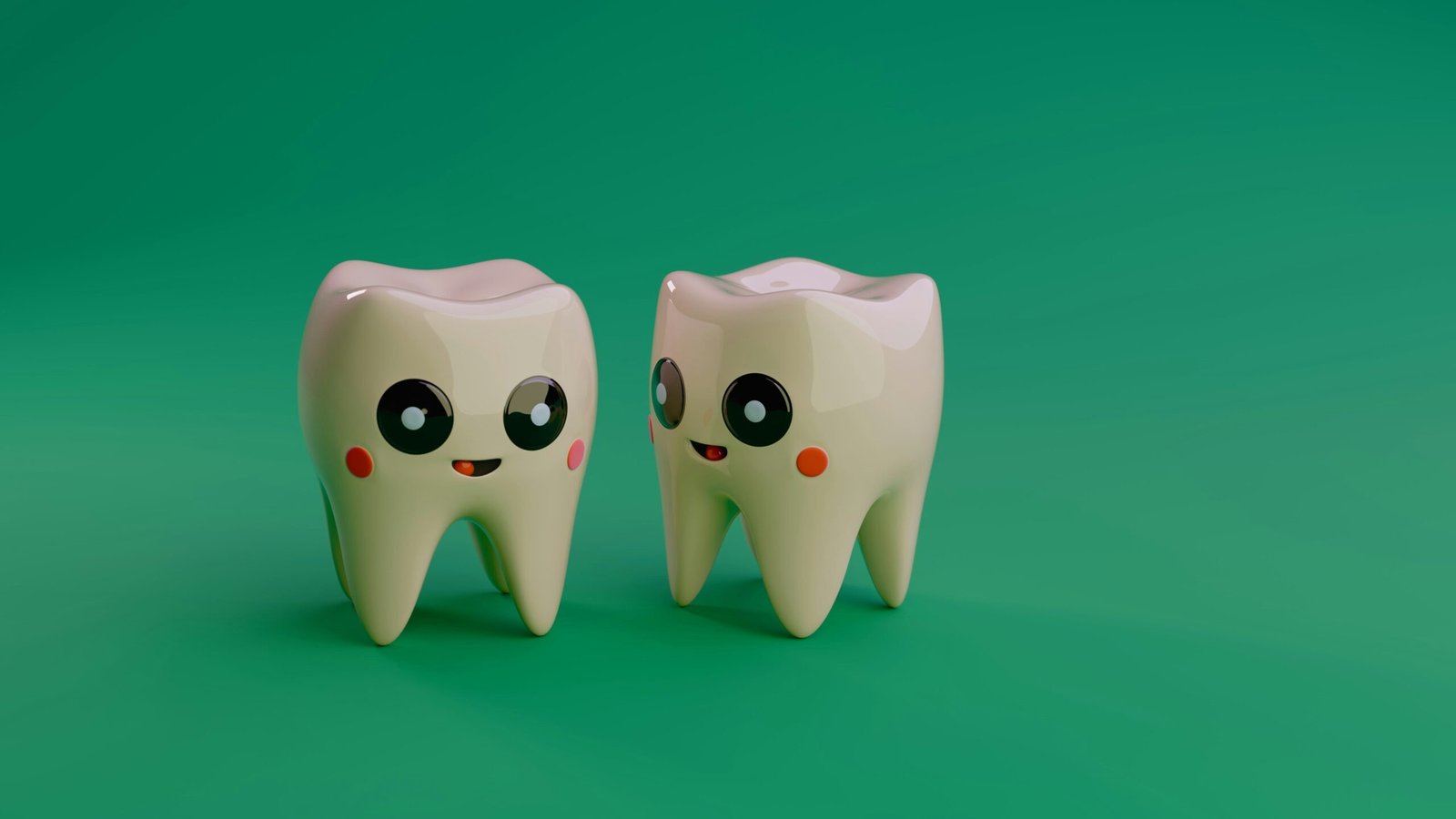Most of us have heard of wisdom teeth — those late-blooming molars that often cause pain, swelling, or even a dreaded trip to the oral surgeon. But beyond the discomfort, an interesting question remains: why are they called wisdom teeth?
The answer ties together language, history, and human evolution. These teeth are more than just dental troublemakers — they’re a fascinating reminder of how our bodies have changed over time.
Why Are They Called Wisdom Teeth?
Wisdom teeth are the third set of molars, located at the very back of the mouth. They usually erupt between the ages of 17 and 25 — a life stage traditionally associated with maturity and the transition into adulthood.
The term “wisdom teeth” comes from this timing. Unlike baby teeth and adult molars, which emerge earlier in life, these final molars appear when a person is presumed to have gained more life experience — hence, more “wisdom.”
- Greek origins: The ancient Greeks called them sóphronistér, meaning “prudent” or “wise tooth.”
- Latin influence: In Latin, they were referred to as dens sapientiae — “tooth of wisdom.”
- Cross-cultural naming: Many languages tie these teeth to maturity. For example, in Turkish they are called 20 yaş dişi, which means “20-year tooth.”
So, when people ask, why are wisdom teeth called wisdom teeth, the answer is simple: their late arrival symbolizes the age of wisdom.
What Is the Point of Wisdom Teeth?
This is one of the most common questions: what is the point of wisdom teeth if dentists often remove them?
Originally, wisdom teeth had a clear purpose. Early humans had larger jaws and rougher diets, eating raw plants, roots, nuts, and uncooked meat. The extra molars were essential for grinding and chewing this tough diet.
Over thousands of years, however, human diets shifted. Cooking and food preparation made chewing easier. At the same time, human jaws became smaller through evolution, leaving less room for these late-blooming molars.
Today, wisdom teeth serve little to no functional purpose. In fact, many people experience problems with them, leading dentists to recommend removal.
Why Do We Get Wisdom Teeth?
If wisdom teeth are mostly useless today, you might wonder: why do we get wisdom teeth at all?
1. Evolutionary Remnant
Wisdom teeth are considered a vestigial structure — a body part that once had an important role but has become less necessary due to evolution.
2. Genetics Play a Role
Not everyone develops wisdom teeth. Studies show that 35% of people worldwide are born without one or more wisdom teeth, depending on genetic background.
3. Part of Normal Dental Anatomy
Dentists classify wisdom teeth as the “third molars.” While they may not be essential, they are still a natural part of human development.
Common Wisdom Tooth Problems
For many people, wisdom teeth don’t erupt properly, leading to pain or infection. Here are the most frequent issues:
- Impaction: The tooth is trapped under the gums or bone.
- Overcrowding: With limited jaw space, wisdom teeth push against other teeth, causing misalignment.
- Infection: Partially erupted wisdom teeth can create gum flaps where bacteria thrive.
- Decay: Wisdom teeth are harder to clean, increasing the risk of cavities.
This is why dentists often monitor wisdom teeth with X-rays and recommend removal if they pose risks.
Why Is My Wisdom Tooth Painful?
A painful wisdom tooth can be caused by:
- Pressure on surrounding teeth
- Infection in the gums (pericoronitis)
- Cysts forming around an impacted tooth
If left untreated, these problems can spread infection or damage healthy teeth. That’s why dental professionals stress early evaluation.
Why Are Wisdom Teeth Called Wisdom Teeth in Dentistry?
Dentists use both everyday and clinical language. While patients say wisdom teeth, professionals often refer to them as the “third molars.”
Still, even in dentistry, the phrase “wisdom teeth” is widely used. It connects clinical knowledge with cultural understanding, making it easier for patients to relate.
FAQs About Wisdom Teeth
1. Do all people get wisdom teeth?
No. Some people never develop wisdom teeth due to genetics. Others may only grow one, two, or three instead of all four.
2. At what age do wisdom teeth usually come in?
Most erupt between 17–25 years old, though some appear earlier or later.
3. Why are wisdom teeth removed?
They are removed if they cause pain, infection, or overcrowding. In some cases, dentists remove them as a preventive measure.
4. Can wisdom teeth grow back after removal?
No. Once removed, they do not grow back. However, some people may have additional molars (a rare condition called supernumerary teeth).
5. Are wisdom teeth always problematic?
Not always. Some people keep their wisdom teeth for life without issues, provided they are properly aligned and easy to clean.
How Wisdom Teeth Are Treated Today
Modern dentistry has made wisdom tooth extraction safer and less intimidating. Common treatments include:
- Monitoring with X-rays: Dentists track wisdom tooth development early.
- Preventive removal: Extracted before problems occur.
- Oral surgery: For impacted teeth, performed under local or general anesthesia.
Final Thoughts
So, why are they called wisdom teeth? The answer lies in the timing of their eruption — appearing during young adulthood, a stage linked with gaining wisdom.
While they once had a functional role in human diets, wisdom teeth today are more of a dental relic of evolution. Some people never develop them, while others face painful complications requiring removal.
Understanding their origins, purpose, and modern-day implications helps demystify this unique part of human anatomy. And whether you keep them or not, wisdom teeth remind us of the fascinating story of human evolution — and the ways our bodies adapt over time.











